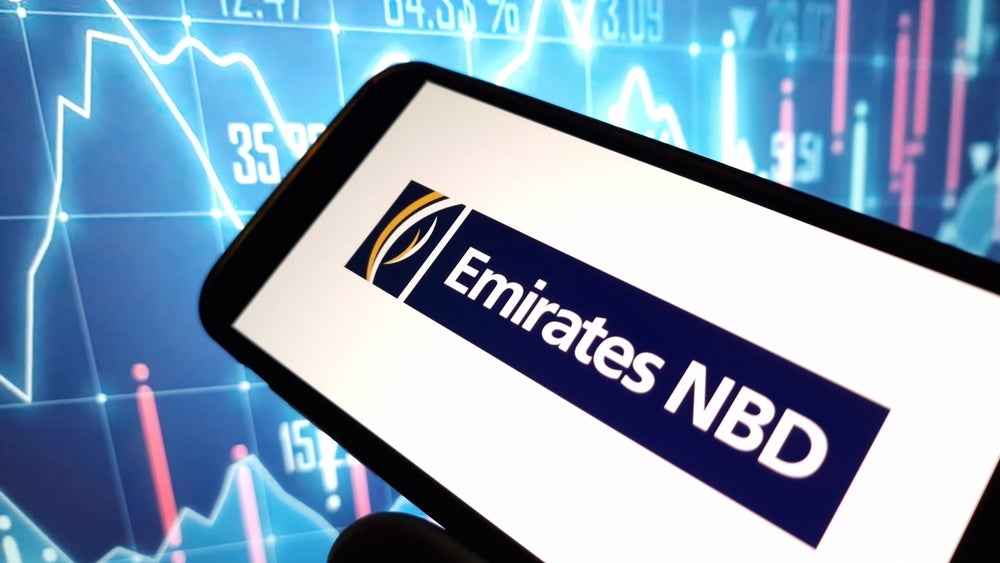
Ethical investment, which is also known as socially responsible investing (SRI), is a type of investing aiming to bring about a positive change, as well as financial returns to investors.
According to GlobalData financial services, wealth managers should take a closer look at ethical investments as there is an opportunity to grow assets under management (AUM) and revenue, while building a socially responsible image.
Assets held in ethical investment products have grown by over more than 25% over 2014-16.
There are various reasons why wealth managers have focused on the ethical investment sector. Firstly, in times of volatility, investors’ risk aversion can undermine advisor revenue as investors retreat to deposits.
The lack of returns from SRI’s can be balanced with the opportunity to contribute to a social change. There are many providers within the wealth management sector who have started to consider ethical investment significant as an important part of their offering.
Future of ethical investment: Millennials impact
Millennials are most likely to make an ethical investment as they are the ones that will inherit their families wealth and are the main driver of SRI demand. They are the generation with the most assets allocated in SRI products and are most interested in them.
Research revealed by British banking group Barclays has found that younger investors are willing to allocate three times as much of their portfolios to an ethical investment compared to investor of over 60 years of age.
The trend of an ethical investment is on the rise, it has been moved up the agenda for entrepreneurs globally.
The BNP Paribas Wealth Management 2018 Global Entrepreneur report reveals that 39% of the world’s most successful entrepreneurs – dubbed “elite entrepreneurs” now consider a ‘positive impact’ to be core to how they assess business performance – compared to 10% of respondents two years ago.
Over the next five years, BNP Paribas Wealth Management said that 34% of elite entrepreneurs are expected to invest more in an ethical investment fund, 34% in start-up financing and 32% in equity funding. Impact investing is expected to rise by 29%.
The future of ethical investment appears to be positive, especially with the surge of millennials making this a focus when making investments.






